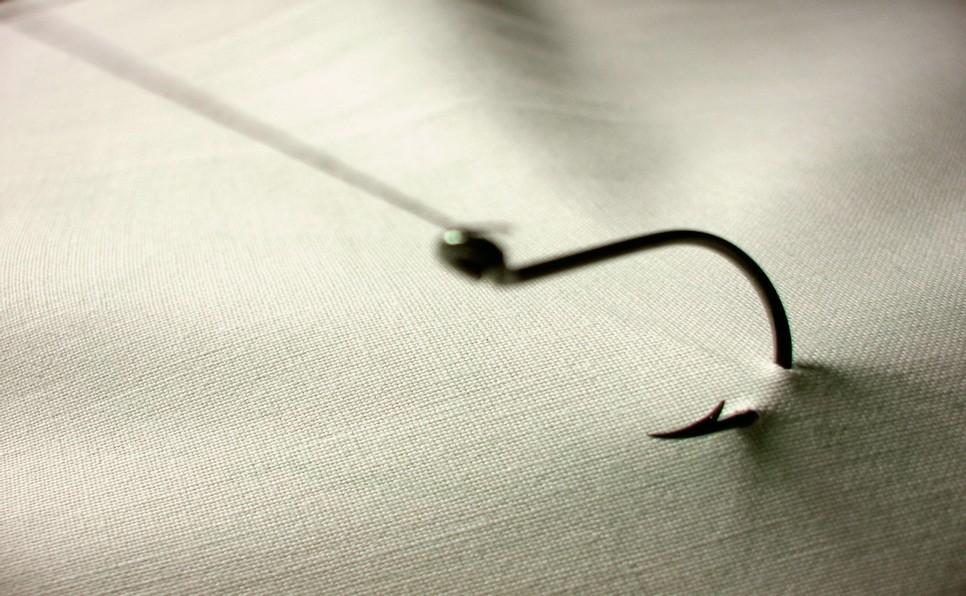What is a query letter bio?
An author or writer biography (bio) in a query letter bio is a brief (brief being the operative word) summary of your writing credentials. It should give the literary agent a meaningful insight into your writing career, publishing credits, and perhaps your profession or hobbies—only if relevant to the manuscript that you’re querying. It is a single paragraph that usually appears at the end of your query letter, right before you thank them for their time and attention and sign off.
What should your query letter bio do?
Your query letter bio should:
- Establish any writing credentials, including publications, awards, courses, workshops, or other achievements that show literary merit
- Show that you are the best person to write this specific book
- Be clear, concise, polite, but most of all, a professional summary of who you are as a writer
- Show that you are a professional person, a decent human, and not a psychopath
Remember, your query letter has a single purpose: to get a literary agent to want to read your manuscript. Your query letter bio is just one part of that, but it’s an important part that you should always try to include, even if you think you have nothing to say about yourself as a writer (believe me, you do.) However, if you really can’t think of anything meaningful to say, then leave it out.
What should your query letter bio not do?
It should not be a potted history of your life, reveal your age or marital status, the number of children you have now or in the future, or mention a writing prize you won when you were in fourth grade, or the fact that your mother thinks you’re a wonderful writer. These are not achievements worthy of a query letter bio. And please God, don’t talk about your cats.
Do not boast. Writing a query letter bio requires a delicate dance of humility and pride. You want to share your accomplishments without sounding like an insufferably vain person. Don’t name drop, or say how many people loved your book and think it’ll definitely, definitely get published and sell more copies than all of Colleen Hoover’s back catalogue combined. Don’t say anything subjective, or talk about your writing style, or how much you think you’ve improved.
Equally, please set your insecurities aside. Don’t apologize for taking up too much time or disturbing them with your query letter. Don’t call your work “little.” And for the love of Stephen King, don’t say anything detrimental about your work. You’re trying to sell your manuscript. Any negative energy will put an agent off instantly.
What should you include in your query letter bio?
Any of these are perfectly acceptable to include:
- Publishing credits in literary journals, magazines, websites, blogs, academic journals, or pretty much any other publications
- Competition wins, awards, scholarships, conferences, or workshops attended
- MFA, degree, or recent, relevant writing courses
- First reader, editor, or volunteer credentials at a publication
- A job that qualifies you to write about your manuscript’s subject matter
- A personal experience or any special research that relates to your manuscript’s subject matter
- A hobby, talent, or interest that relates to your manuscript’s subject matter
- A large social following or platform (mainly for non-fiction)
- Any self-published books but ONLY if you’re not querying that said book (a no-no)
Again, the key word here is relevance. You don’t have much space, so the information you include should be as pertinent as possible.
What if you don’t have anything to put in your query letter bio?
I guarantee you, you do. It’s true that literary agents reading your query letter want to learn more about your professional writing experience—but that doesn’t mean you shouldn’t include any of the points mentioned above—repeat: if you think they’re relevant. Anything that shows a) that you take writing seriously and b) that you are the perfect person to write your book can help your case.
Oh, and it should go without saying, but don’t lie or embellish. You will get found out.
My author bio
Here’s the exact author bio I used in my query letter that landed me multiple agent offers. At the time, I had very few publishing credits, so I worked the angles:
I’m a Brit living in America. Last year I upended my life and moved across the Atlantic from London to New Jersey. A digital editor, I launch, manage, write for and edit websites and blogs. I have written articles for the Huffington Post UK and Time Out London. I am pursuing my MFA in Creative Writing at Stonecoast, University of Southern Maine. This is my first novel.
- I included the fact that I’m British and moved from London—my novel is set in London
- I mentioned my day job—to show that I have professional writing experience and understand the digital marketing landscape
- I mentioned articles I’ve written—while non-fiction, it shows that I know how to pitch big publications and get a “yes”
- I shared my MFA progress—I’d just started my degree, but it demonstrates that I take my writing career seriously by investing time and money in an MFA
- My first novel—because literary agents pay special attention to debuts
Here’s what my author bio would look like if I had to write another query letter now (and if I didn’t already have a fabulous literary agent!):
I’m an English writer, digital editor, and blogger living in America. My work has appeared in Subnivean, Stonecoast Review, Hobart, The Dark City, The Satirist, and others. I am the winner of the Chestnut Review Stubborn Writers Contest, the Hummingbird Flash Fiction Prize, and I was selected by Oyster River Pages as one of their Emerging Fiction Voices. I earned my MFA in Creative Writing at Stonecoast, and I am the Editor-in-Chief of Aspiring Author.
- I changed “Brit” to “English”—this sounds a little better to American ears, in my experience
- I included multiple publication credits—and “others,” to show that I am prolific
- I mentioned competition wins and accolades—they add credence
- I shared my MFA completion—again, credence
- I mentioned Aspiring Author—because it shows that I am passionate about this industry
Will your query letter bio guarantee you an agent?
No! Nothing in publishing is guaranteed. Remember, this isn’t like a job interview where you have to have certain qualifications in order to apply. Writing is broad and no bio will be the same. While a really strong bio can help get a literary agent’s attention, if the rest of your query letter (and subsequently your writing sample) is poor, then it’s the end of the road. However, a super solid author bio doesn’t hurt. Just remember to keep it to a single, brief paragraph. You’re not writing your autobiography.
Recommended reading
Here at Aspiring Author, we love recommending bestsellers and fawning over hot new releases. On this real time recommended reading list, you will find a list of top rated books on the publishing industry, craft, and other books to help you elevate your writing career.









